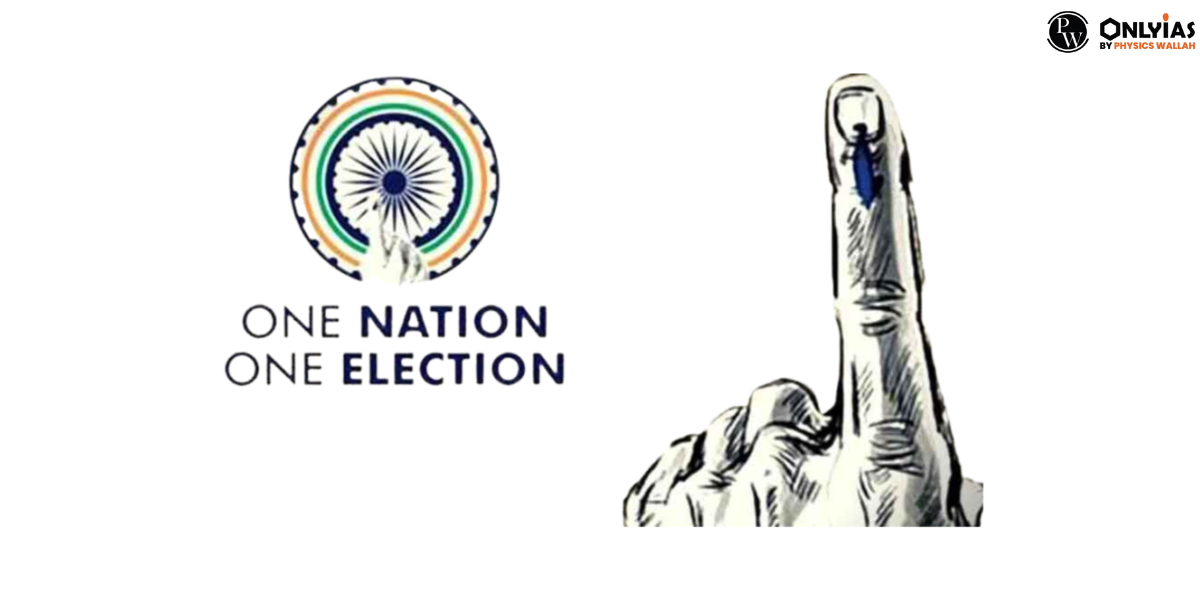
Holding simultaneous elections for Parliament and state assemblies – that’s the ambitious vision of the “One Nation, One Election” (ONE) proposal currently stirring the pot in India. The High-Level Committee tasked with evaluating its feasibility has opened the floor for public suggestions until January 15th, inviting citizens to participate in shaping this potential electoral revolution.
At its core, the ONE proposal advocates for holding Lok Sabha and state assembly elections at the same time, instead of the staggered schedule followed currently. Proponents hail potential benefits like:
- Increased Voter Turnout: A single, high-profile election season could galvanize public participation, potentially combating voter apathy.
- Reduced Costs: Combining elections would save public resources spent on multiple polling exercises.
- Stable Governance: Minimizing election cycles could create a more consistent political environment, boosting long-term planning and policy implementation.
But the ONE proposal isn’t without its critics. Concerns revolve around:
- Erosion of Federalism: Critics argue that synchronizing elections could diminish the autonomy of states and weaken regional voices in national politics.
- Logistical Challenges: Implementing ONE across India’s diverse states with varying electoral cycles presents significant logistical hurdles.
- Political Manipulation: The potential for the ruling party at the center to exploit its power and influence state elections raises concerns about fairness and democracy.
The ONE Committee, headed by former President Ram Nath Kovind, is now delving into these concerns and exploring alternative models for harmonizing elections. They are also analyzing legal requirements and potential constitutional amendments necessary to implement ONE.
This call for public feedback marks a crucial step in the ONE debate. Citizens can submit their suggestions through the committee’s website, email, or post. This open forum for public opinion paves the way for a democratic and informed decision on this significant electoral reform.
Whether India embraces the ONE proposal remains to be seen. The committee’s report and recommendations, expected later this year, will play a key role in shaping the national conversation. Ultimately, the fate of ONE rests on a complex interplay of public opinion, political calculations, and constitutional considerations.
The ONE debate presents a unique opportunity for India to reimagine its electoral landscape. As citizens, it’s our collective responsibility to engage in informed and constructive dialogue to ensure we choose a path that strengthens democracy and paves the way for a more stable and prosperous future.





















